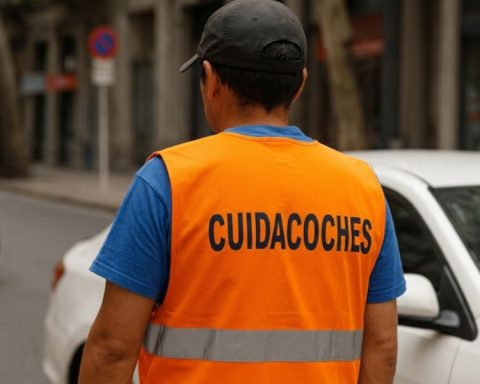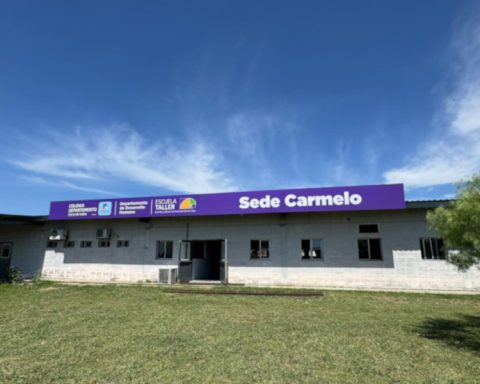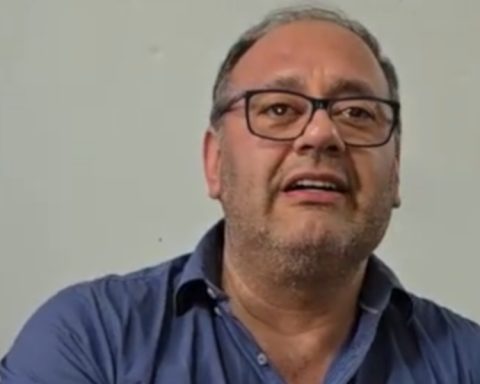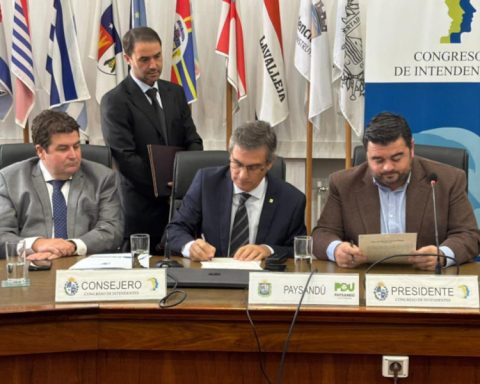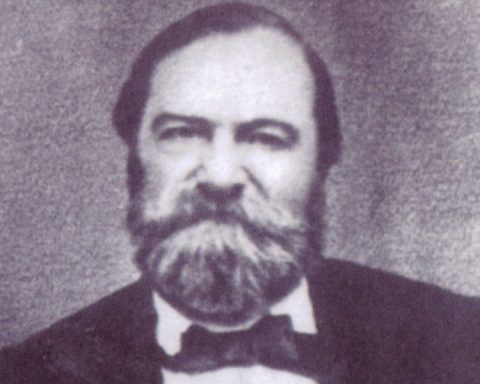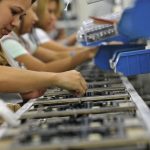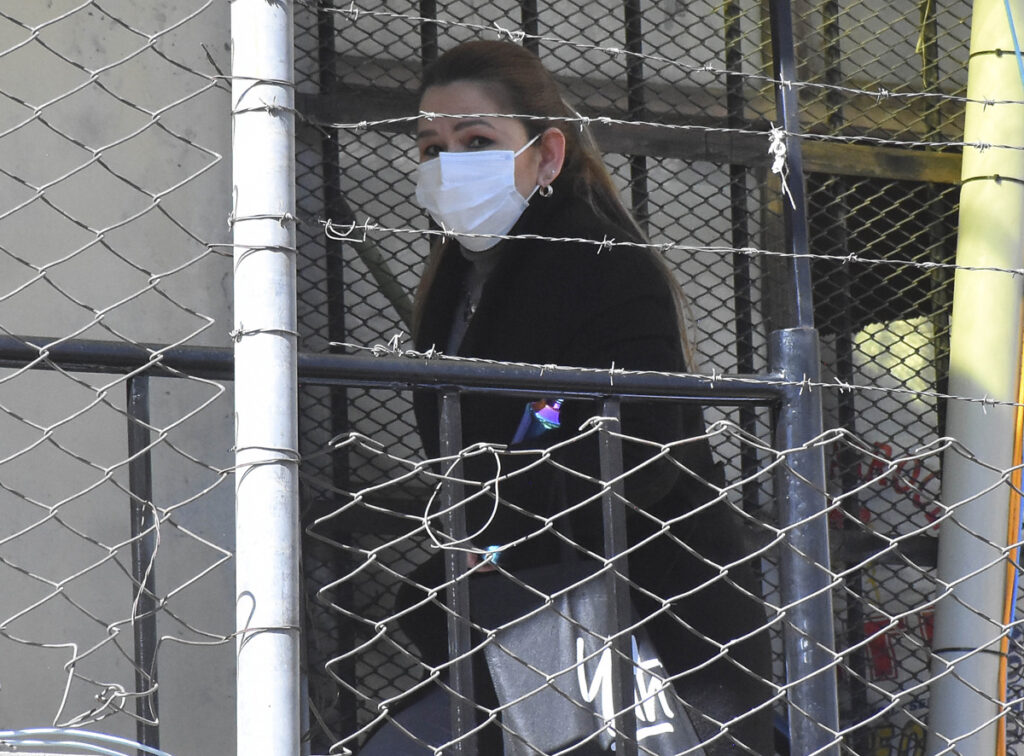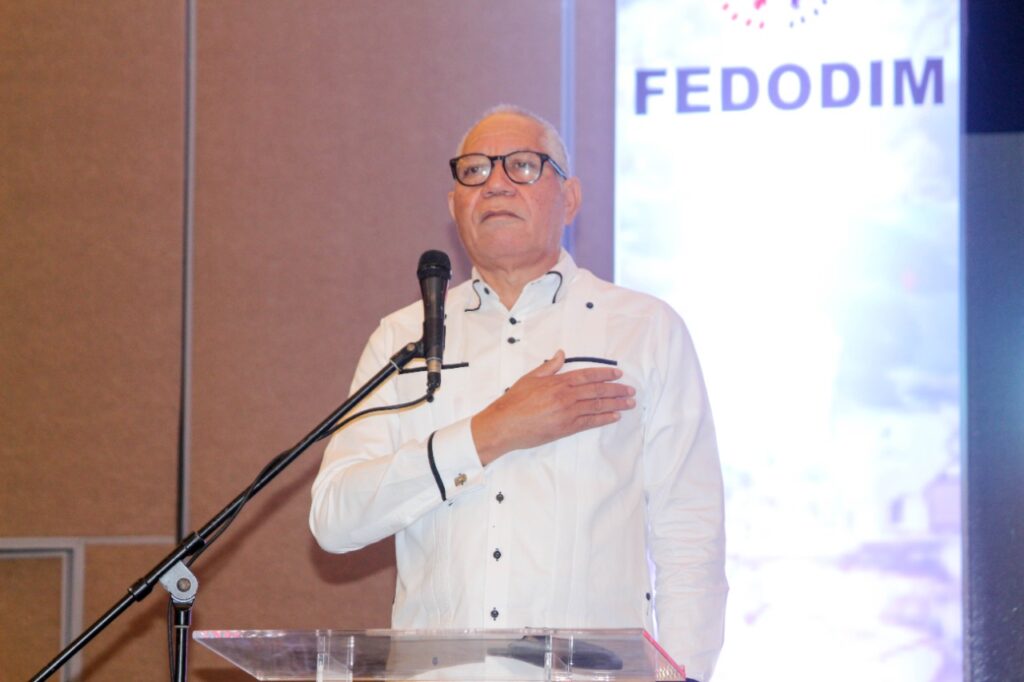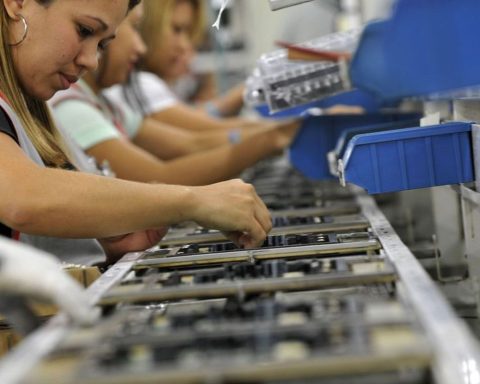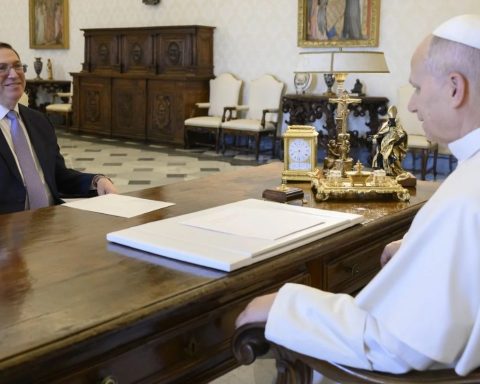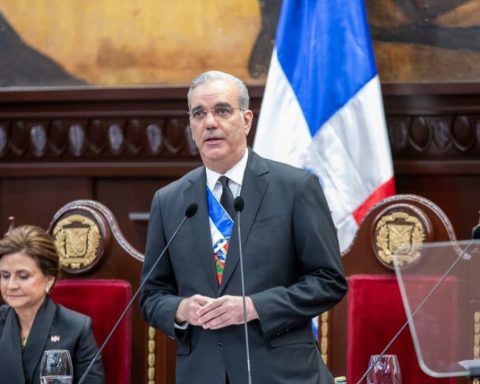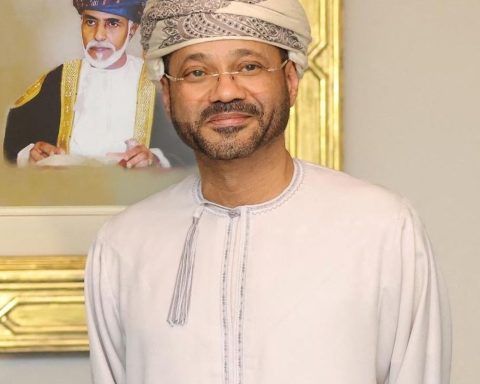The Sustainable Viticulture Program promoted by the National Viticulture Institute (Inavi) is an initiative that emerged from the Crea Vitícola Group to achieve sustainable viticulture certification in the vineyards of Uruguay. The wineries —supported by public and private institutions— took the first steps of this project three years ago and, currently, are waiting for the sustainable seal for their products.
The producers who participate in the program and hope to obtain certification in the sustainability of the grape —in good harvest practices so that the impact on the environment is as little as possible— they represent 20% of work in Uruguay. Nevertheless, a grape traceability validation process is still ongoing, which is currently carried out by 15 wineries.
According to the person in charge of the Sustainable Viticulture Program, Eduardo Félix, worldwide, sustainability ceased to be a discourse and became a general concern. So, this sustainable seal that some wineries in the country obtain will generate a differential in the world. “The wineries that produce sustainable wine are going to place it in a market niche that is getting bigger and bigger and not only are they going to get consumers to choose but, in addition, they can get a greater economic compensation”, he explained.
The Juanicó establishment was one of the wineries that participated in the program. “We do not hesitate at any time to participate in the project,” said the company’s agricultural manager, Gustavo Blumetto. In addition, he said that although for years they have carried out a system of good practices that is aligned with what is encouraged in the program, formalizing the production system focused on caring for the environment is essential: “We feel the demand every day”Blumetto said.
“There are many countries in which —although it is possible to sell— it is more difficult to sell because evidence of sustainable production is required,” he explained about the export of wines without a seal.
Asked about the number of sustainable wines that are going to be found on the market, he said that they produce all the strains in a sustainable way, but they are not necessarily going to communicate it in all final products because putting the seal on the final product can imply a high cost and —in certain types of wines—, it does not have a positive impact at a commercial level.
Cerro del Toro is also part of the group of wineries that will have the sustainability seal, and entered the program on the first day. “The path of sustainability is the right one for viticulture in Uruguay”assured the winemaker of the company, Martín Viggiano. “In times when the consumer demands to know the traceability of the products, it is fair that the wine has this seal of sustainability”he added.
In this case, All the wines produced in the vineyard will be certified with the seal of sustainable production. According to Viggiano this it will not impact the sale price of the products because the green label can result in an increase in sales in the local market and, also, in a better position in the international market.
The objective they have from Cerro del Toro is position the brand worldwide. For Viggiano, interest in sustainability is incipient in the local market, so at first they do not expect it to attract attention. However, they are looking for it to begin to be valued in the medium term.
To conclude, Félix said that at a general level in the program there is 40 varieties of wine, but at this time the ones that are going to go on the market with the seal are the white strains because red wines require a longer period of rest. The manager estimates that they will be on the market with the green label for the month of October.

